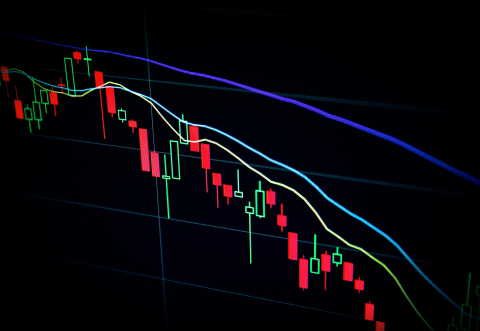ESMA’s Call for Evidence on the UCITS Eligible Assets Directive is a welcome opportunity to take stock of the existing UCITS framework.
UCITS
UCITS (Undertakings for Collective Investment in Transferable Securities) refers to the EU framework for harmonising the creation, management and marketing of collective investment schemes in the EU (and EEA) Member States. It places a strong focus on investors’ protection and product regulation. Owing to this harmonised framework, once UCITS funds are registered in one Member State, they can be freely marketed across the European Union. Initially adopted in 1985, the UCITS Directive has since been modified repeatedly, to take into account developments in financial markets.
EFAMA is adamant to protect the competitiveness and international appeal of UCITS.
High-level response to ESMA consultation on notifications for cross-border marketing and management of AIFs and UCITS
EFAMA welcomes the European Securities and Market Authority’s continuous commitment to creating a single market for investment funds, confirmed by the draft regulatory standards currently under consideration. These RTS/ITS would further harmonise information that asset managers should provide to their national competent authorities before marketing or managing an investment fund on a cross-border basis, thus facilitating intra-EU product distribution.
EFAMA reply to ESMA CP on marketing communications guidelines
EFAMA believes that ESMA’s draft ‘marketing communication’ Guidelines still require important clarifications to ensure full alignment between them and MiFID II’s Commission Delegated Regulation Article 44. This alignment is essential to ensure coherent rules for fund management companies and distributors. Unfortunately, parts of the proposed Guidelines are overly prescriptive and may unintentionally make some marketing materials vaguer or even inconsistent with local MiFID requirements for distributors.
International Statistics Q2 2020 | Solid growth of worldwide fund assets in second quarter as global financial markets post strong recovery
The European Fund and Asset Management Association (EFAMA), has today published its latest International Statistical Release describing the trends in worldwide investment fund industry in the second quarter of 2020*.
Worldwide regulated open-ended fund assets increased by 9.8 percent to EUR 51.7 trillion in the second quarter of 2020. Worldwide net cash flow to all funds amounted to EUR 818 billion, compared to EUR 617 billion in the first quarter of 2020.
European Statistics Q2 2020 | Investor confidence in Q2 results in sharp rebound in sales of UCITS
The European Fund and Asset Management Association (EFAMA) has today published its Quarterly Statistical Release describing the trends in the European investment fund industry in the second quarter of 2020 with key data and indicators for each EFAMA member countries.
Bernard Delbecque, Senior Director for Economics and Research at EFAMA commented:
Monthly Statistics June 2020 | Net sales of UCITS break the EUR 100 billion mark in June
The European Fund and Asset Management Association (EFAMA) has today published its latest monthly Investment Fund Industry Fact Sheet, which provides net sales data of UCITS and AIFs for June 2020.
Fund managers retain only 41% of the total cost paid by retail investors | Market Insights | Issue #6
EFAMA has released its latest Market Insights report titled “Perspective on the costs of UCITS”. The full report breaks down the costs of UCITS, focusing on the fees charged for the different services provided along the investment fund value chain and distinguishing between the product cost for which fund managers are directly responsible, and the
Market Insights | Issue #5 | Perspective on the net performance of UCITS
Equity UCITS delivered a total net return of 108% in real terms in 2010-2019, whereas bank deposits lost 10% in net value
EFAMA Market Insights | Issue #1 | Net outflows from UCITS in March 2020 - Industry weathers Covid-19 crisis
The Covid-19 pandemic significantly impacted financial markets. Stock markets across the world suffered a steep decline driven by lower economic growth and corporate profits. As anticipated, the crisis caused substantial net outflows from UCITS in March (EUR 313 billion). However, as a percentage of net assets, these outflows were no higher than in October 2008, at the height of the global financial crisis (2.9%).

































